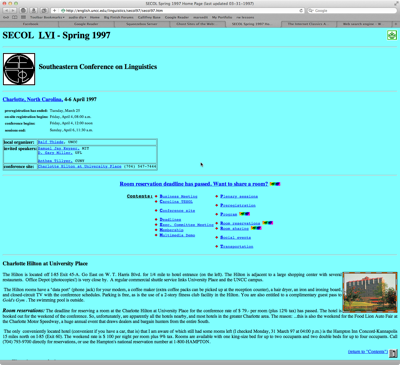My doctor and I have been trying to figure out why I’m so tired. With the tiredness comes brain fogs, memory laser, etc. He suggested that perhaps I’m not sleeping well and that’s leading to the fatigue. I’ve done some things to try to sleep better, different position, different medicines, etc. I think I am sleeping better, but I still get really tired.
Another easy reason why I could be tired and not sleeping as well as I could be is that I’m out of shape. There’s no question that I am. It’s a terrible cycle. I have no energy, so I don’t exercise. Since I don’t exercise, I have no energy. Lather, rinse, repeat… I have been getting myself geared up to start going to the gym, knowing that getting in shape will fight back the fatigue. If I added some more muscle mass, got some cardio in, I’d sleep better, I’d have more energy, etc. Yup, that’s the ticket, if I’d just get off my butt and exercise, I’d be better in no time.
THose are good, hopeful thoughts. The promise of better times is a good motivator even if I really hate going to the gym. Well, I woke up on thursday and felt good. Dare I say it, I even felt… normal. I woke up refreshed, with energy, my legs didn’t give me any trouble, my balance was fine, clear head, the whole 9 yards. I didn’t even take breaks at work, I just didn’t think of it. That lasted for two days and it was great. But then I woke up on the third day and I was back to my regular exhaustion.
The thought occurred to me that I hadn’t gotten into any better shape over the last three days. My improvement was simply a whim of the disease. It decided that I was going to feel good on those days, and then it decided that I wasn’t. It’s sobering to think that you have no control over how you feel day to day. It eventually sunk in that even if I were to get into better shape, there’s no guaranty that I’d actually feel better. If I did feel better, my overall feeling will still be at the whim of the disease. SIGH.
I’m going to start going to the gym soon. I need to try to stave off other health issues, but man, it’s going to be tough to get too excited to go.
